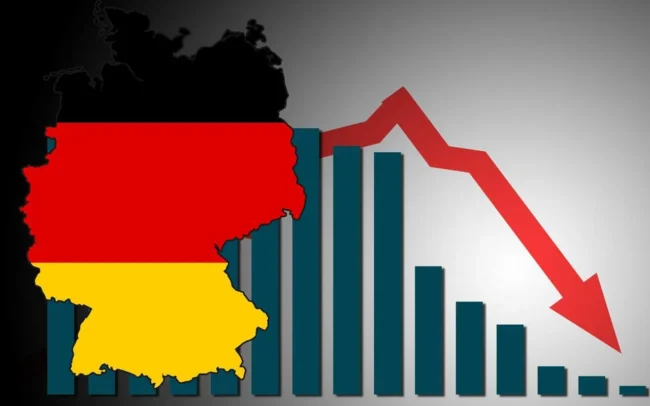Germany’s economy is facing a concerning possibility of shrinking this quarter, marked by a struggling industry and reduced consumer spending, according to the monthly economic report by the Bundesbank. This could extend a trend of no growth or decline, aligning with a previous brief recession earlier this year.
Bundesbank’s Report Highlights Challenges Amidst Economic Downturn
Adding to the challenge is the backdrop of high inflation and the repercussions of the Russia-Ukraine conflict. Projections indicate a 0.4% reduction in Germany’s GDP for 2023, a worsened estimate compared to the earlier 0.2%.
Amidst this, the European Central Bank is combatting inflation with a steep rise in the deposit rate to 4%, impacting borrowing costs and subsequently economic growth. Declining product orders, especially from the significant industrial sector, pose a major hurdle, impacting export revenues, notably from Chinese markets.
In the broader Eurozone, inflation remains a concern at 5.3%, affecting the economic outlook. Growth projections for the region in 2023 and 2024 have been revised downward to 0.8% and 1.3% respectively, revealing a less optimistic forecast compared to earlier predictions.
